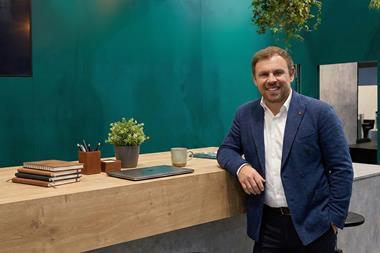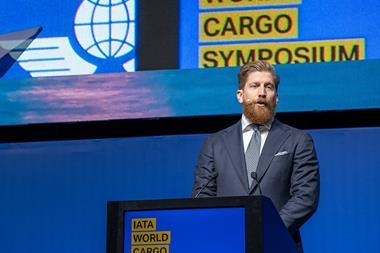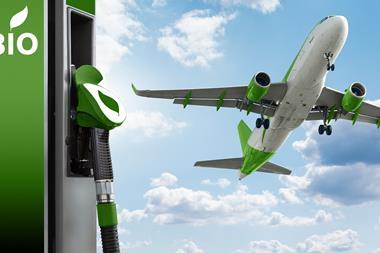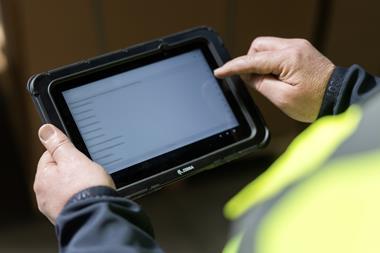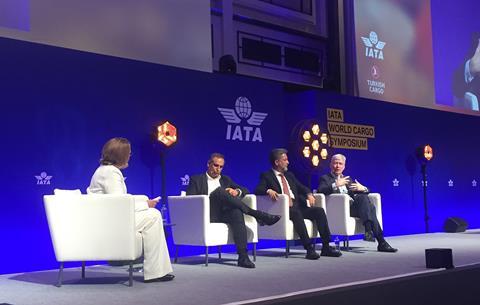
Digitalisation is key to meeting ever-increasing demands from the end customer, according to one panel discussion at the IATA World Cargo Symposium.
Speaking on the topic of digitalisation and artificial intelligence (AI), Turkish Airlines chief cargo officer Turhan Ozen said that the air cargo industry found itself in a vulnerable position when it comes to meeting the end customers’ expectations.
He explained that the final customer was becoming ever more demanding in the level of service they receive but it was hard for the air cargo sector to enhance offerings because of the fragmented nature of the industry and the number of players involved.
This also makes the sector vulnerable to industry disruptors, he said.
Ozen explained that digitalisation across the air cargo value chain was the best way to meet these expectations.
“Considering the air cargo value chain is so fragmented, digitalisation is the only way we can virtually create what the final customer expects,” he said. “We cannot organically integrate, we are fragmented.”
Ozen also added that it was important when implementing digital projects to take a bottom-up as well as a top-down approach.
He explained that it was often the case that people within a company that carry out operations can provide valuable input into digital developments.
LATAM Cargo chief executive Andres Bianchi said that it was important to deal with failure when embarking on digitalisation projects.
“When you embark on the digital journey, you might fail and the first prototype might not work and if you have invested time and effort people might be discouraged,” he said.
“But you have to understand that it is part of the process, and you have to let your teams know that you are backing them and that you will push through because you are trying to do something that you have never done before,” he said.
Also on the panel was Champ Cargosystems chief executive Christopher McDermott who said the industry is at an inflection point when it comes to digitalisation.
McDermott said that the pace of digitalisation will only speed up in the future.
“The pace of technology change today is the slowest it will be in the future,” he said. “If you think it is fast now, this will be slower than in the future.”
McDermott gave the example of how the increasing number of API connections was resulting in an increasing reliance on digital information sharing.
He said that the number of API calls – when information/data is exchanged between systems – processed by Champ had increased from 50m in 2021 to 120m last year.
“It gives you an indication in the growth in connectivity - the APIs are enabling everything,” he said.










